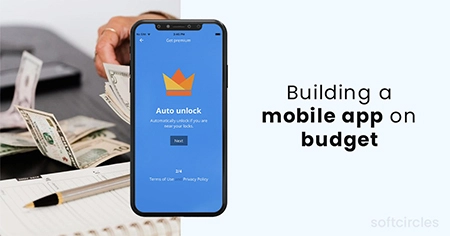According to a recent study, nearly 64% of the marketers report an SEO performance loss due to duplicate content issues. It is not about who’s first to post—it’s about who’s first with something original.
That’s where smart tools come in. AI plagiarism detection may not have been a priority before, but now, it’s essential.
Let’s understand the importance!
What Is an AI Plagiarism Detector?
An AI plagiarism detector is not your average copy checker. It uses machine learning and natural language processing (NLP) to scan and compare content across the web, internal files, and published sources. But more importantly, it understands context. That’s the difference.
Traditional tools match word-for-word. They’re fine for student essays. But in a digital business, you need sharper eyes. Luckily, there are tools that catch paraphrased content, recognize AI-written material, and flag content reuse even when the structure changes.
So, you should use an AI plagiarism checker that is built with professional use in mind, whether you’re reviewing marketing copy, product descriptions, or client-facing materials. These tools are easy to integrate, especially with the Google Chrome extension.
That means you can run scans as you write or check live pages right from your browser. No need to upload files or toggle between dashboards. It saves time—and prevents slip-ups before they’re public. For content-heavy teams, this kind of tool becomes a quiet but vital part of your workflow.
Why It’s Important for Businesses?
Now that you know what the tool is, let us now understand its major benefits for business and how it helps in protecting the brand:
1. It Protects Your Brand Credibility
Brand trust is fragile. One misstep—like publishing a copy that shows up elsewhere—and your reputation takes a hit. Even if the duplication was accidental, your audience won’t see it that way.
AI plagiarism detectors help flag risks before content goes live. This means you protect your voice, your authority, and the trust you've worked hard to build.
2. It Helps You Avoid SEO Penalties
Search engines aren’t just crawling for keywords—they’re checking for originality. If your blog, landing page, or product description is too similar to another site’s content, Google could penalize you. That affects your visibility, traffic, and even ad performance.
The problem? Manual checks miss subtle rewrites. But AI catches what older systems can’t. It reads between the lines—detecting similarity in tone, structure, and phrasing.
By using a reliable tool, you reduce your exposure to algorithm penalties and stay in good standing with search engines.
3. It Speeds Up the Review Process
Content teams move fast. Editors juggle multiple writers. Legal teams review sensitive materials. And deadlines rarely shift.
AI plagiarism tools help spot issues before your team even touches a piece. That’s fewer edits, faster approvals, and more confidence in what goes out.
Instead of copy-pasting into free tools that may or may not work, you get real-time, accurate detection that saves hours in busy pipelines.
4. It Supports Scalable Team Collaboration
When your team grows, so does the risk of duplicate content. Different writers, different clients, and different topics often mean accidental overlap. That’s normal—but avoidable.
With AI support, you can maintain a unified quality standard. Whether it’s internal blogs or external guest posts, everything stays consistent. You catch repeated messaging early and ensure each contributor sticks to your originality benchmarks.
This is especially helpful for agencies, SaaS companies, and content studios working across verticals.
Key Features to Look for in an AI Plagiarism Detection Tool
If you’re choosing a tool for your team, here’s what matters most:
- Real-Time Scanning with Deep Web Coverage: You want results quickly, but not at the cost of depth. A good tool will scan indexed and live web content, plus internal databases.
- Detection of Paraphrased or AI-Generated Content: It’s not just about stolen lines. Tools should detect reworded content and flag when AI tools are likely used.
- Simple, Shareable Reports: You need clean summaries—no technical jargon. Look for systems that highlight matches clearly and allow one-click export.








